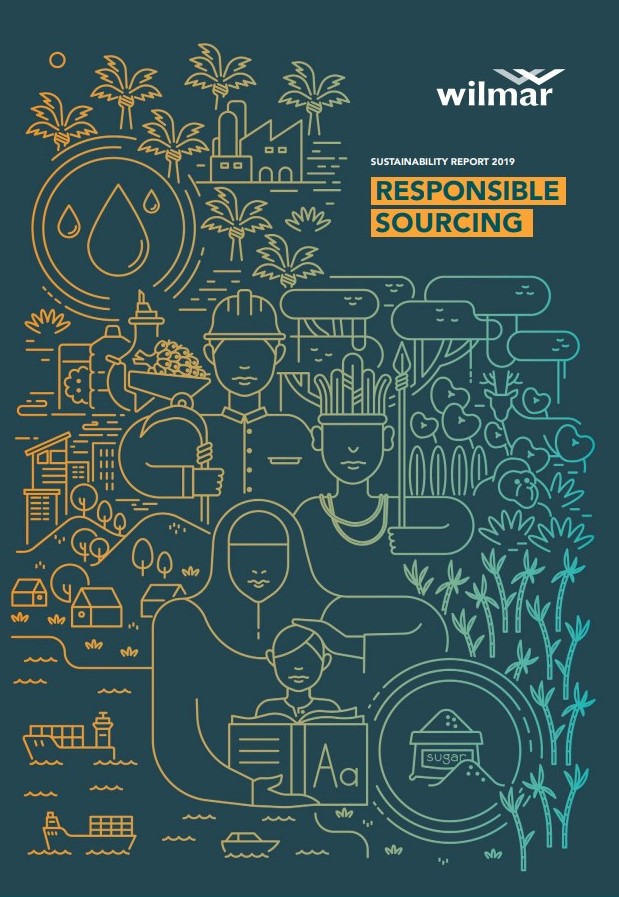Consolidated set of GRI Sustainability Reporting Standards 2016
This Standard, issued by the Global Sustainability Standards Board (GSSB), contains the set of 36 GRI Sustainability Reporting Standards and the GRI Standards Glossary published in 2016. The full content of each Standard has been incorporated, including the original formatting and...

